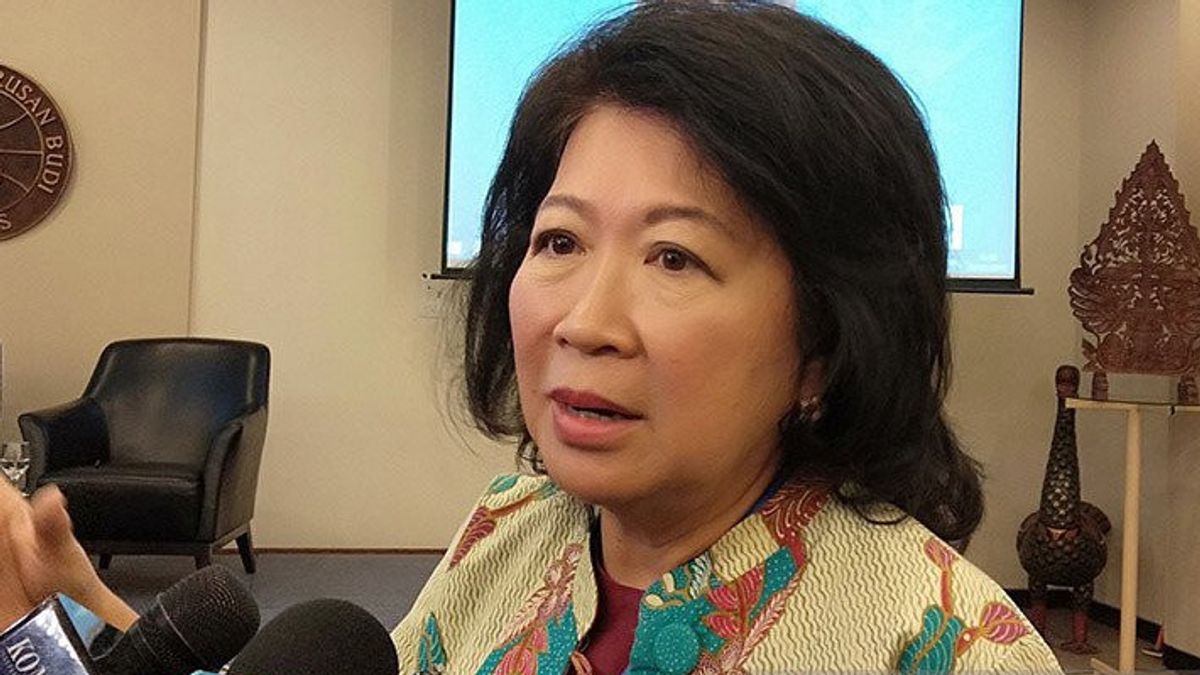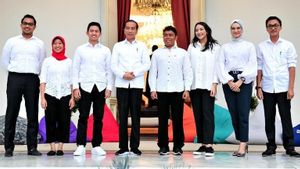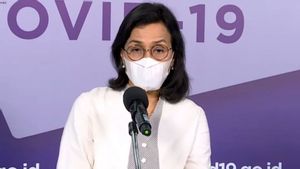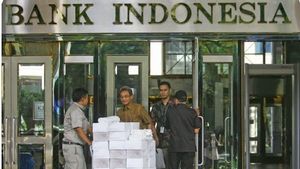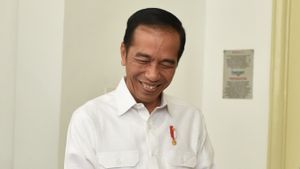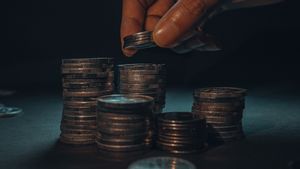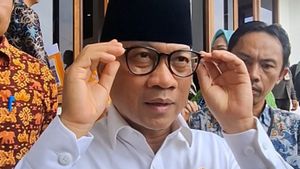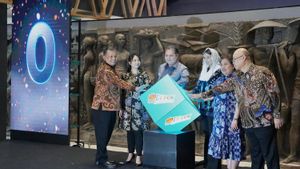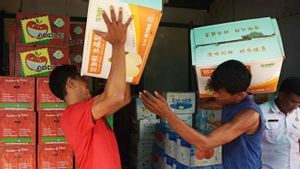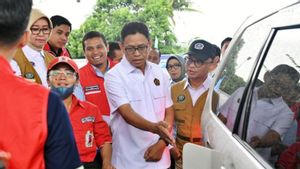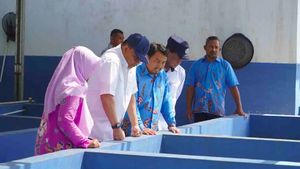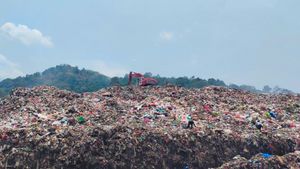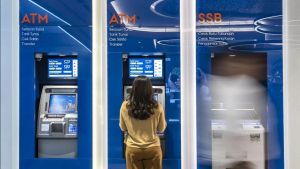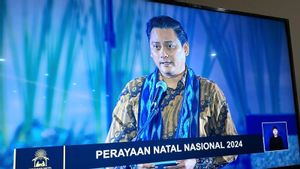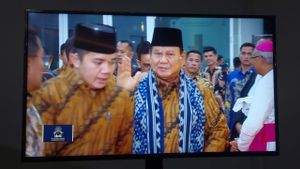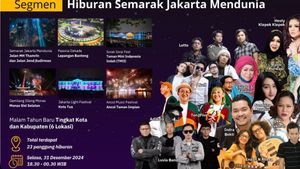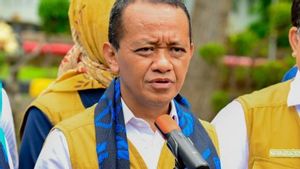JAKARTA - Managing Director of Development Policy and Partnerships, World Bank Mari Elka Pangestu said a sustainable marine economy is very important for Indonesia to create a prosperous coastal community. Then, also for a healthy marine environment and a growing national economy.
"We believe that the blue economy (ocean economy) will help countries including Indonesia to achieve a number of benefits, including healthy seas, resilient coastal life, and economic growth", she said during the report 'Oceans for Prosperity: Reform for the Economy. Blue in Indonesia ', Thursday, 25 March.
According to Mari, by keeping the marine environment healthy, Indonesia can be sustainable, and also achieve growth and livelihoods. She said that the role of the sea is very important for the welfare of Indonesia.
For example, said Mari, the fisheries sector contributes USD 27 billion to GDP and supports 7 million workers, and fulfills more than 50 percent of the need for animal protein in Indonesia.
However, Mari revealed, there are challenges for marine and coastal ecosystems, which, if not managed sustainably, can reduce the economic potential of Indonesia's marine. About 38 percent of the fish caught exceeds the ecosystem's ability to restore its numbers (overfishing).
Then, about a third of the coral reefs which are valuable to Indonesia is in poor condition. Meanwhile, important coastal ecosystems, such as mangroves, experienced a major reduction. Then, marine debris causes losses to the Indonesian economy worth more than USD 450 million each year.
Not only that, said Mari, several marines and coastal tourism destinations have also shown the impact of overcrowded visitors and do not yet have adequate basic infrastructure.
"I hope Indonesia will transform into a blue economy and benefit from this blue economy", she said.
To support the various strategies and activities of the Indonesian government, said Mari, this World Bank report proposes several recommendations. First, to support a sustainable and productive fisheries sector, the government can implement the Indonesian Fisheries Management Area (WPP) system and strengthen the marine park area that continues to grow.
One way, said Mari, is by exploiting the potential support from a national endowment fund and partnerships with the private sector.
SEE ALSO:
Then, the government also needs to expand the moratorium on the conversion of primary forests to cover the entire mangrove ecosystem. This, according to Mari, can prevent damage to mangroves and support the current targets for mangrove restoration.
Not only that, but the World Bank report also recommends steps to reduce plastic waste in the sea, including setting a minimum requirement for the content of recycled materials in certain products and expanding the ban on the use of replaceable plastic products.
Then, she continued, efforts are also needed to regulate the flow of visitors to coastal and marine tourism destinations.
On the same occasion, World Bank Director for Indonesia and Timor-Leste Satu Kahkonen said that at the global level, reforms that promote a sustainable marine economy have been proven to develop the potential for the marine economy. In addition, at the same time addressing climate change, meeting the need for food security and biodiversity.
"Continuous investment in skills, institutions, infrastructure, and services will help Indonesia utilize its marine resources in a sustainable and comprehensive manner", she said.
In addition, said Satu, in the post-COVID-19 epidemic, coastal and marine ecosystem restoration and conservation activities can help provide short-term jobs while strengthening long-term resilience.
As is well known, the World Bank today released the report Ocean for Welfare: Reform for a Blue Economy in Indonesia, in which the institution emphasizes the importance of a sustainable marine economy for the future welfare of Indonesia.
The English, Chinese, Japanese, Arabic, and French versions are automatically generated by the AI. So there may still be inaccuracies in translating, please always see Indonesian as our main language. (system supported by DigitalSiber.id)
